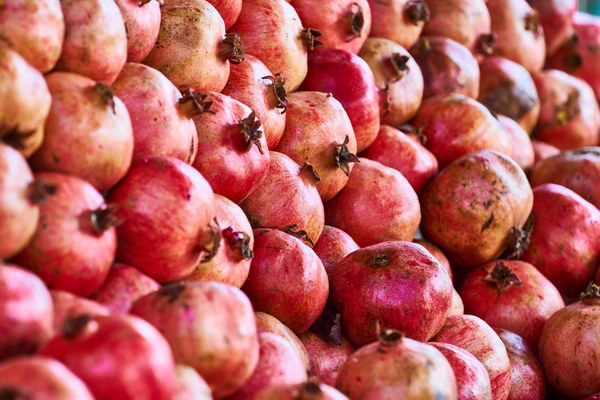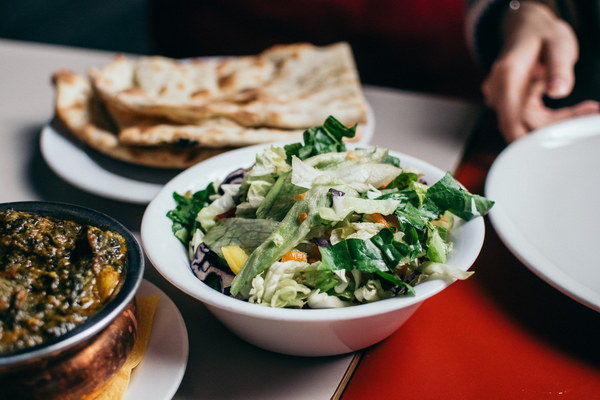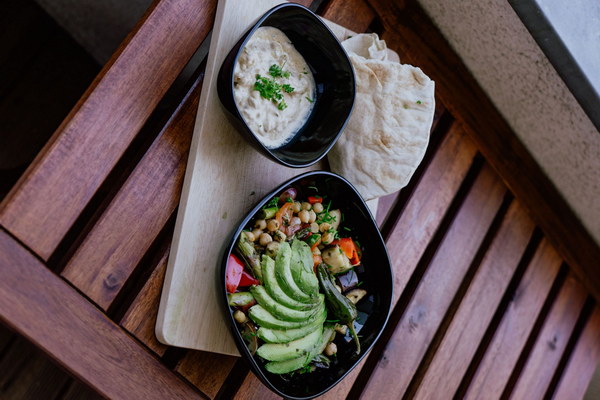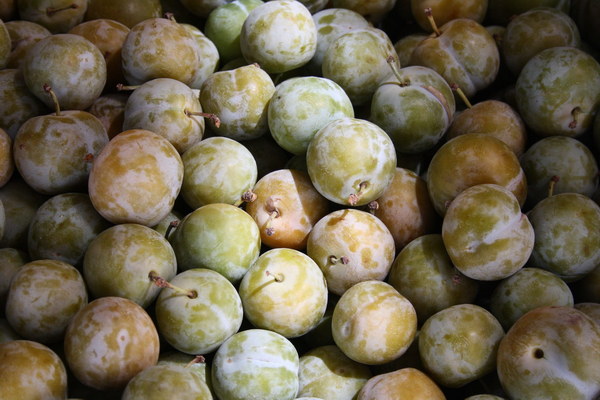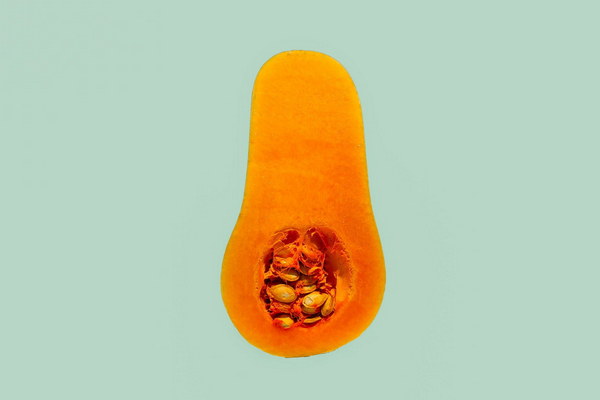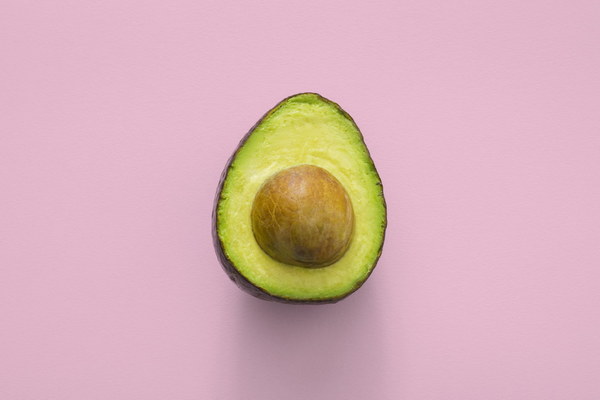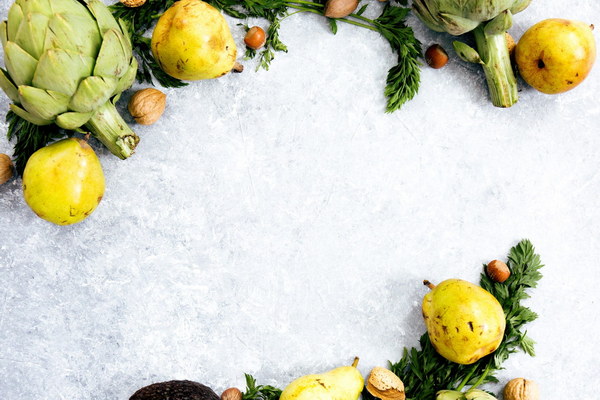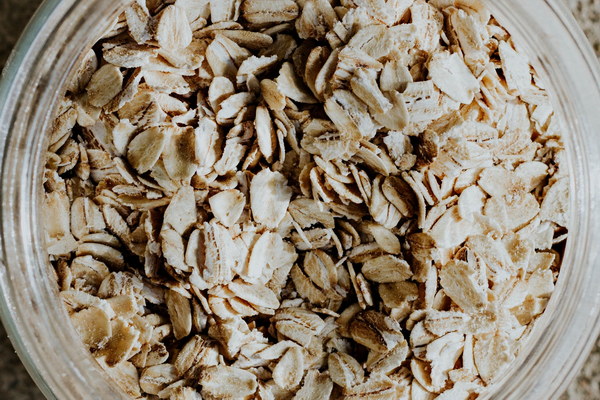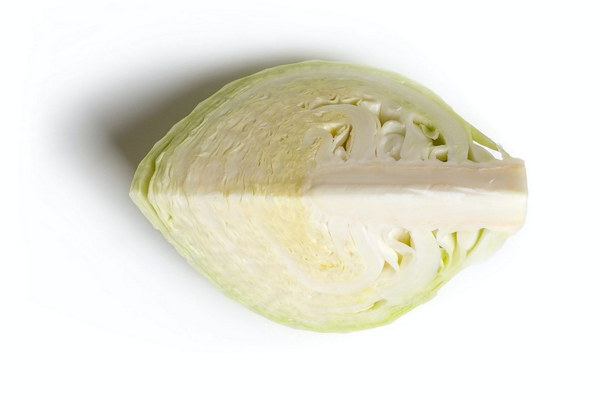Natural Remedies for Children with Weak Spleen and Indigestion A Guide to Dietary Therapy
Introduction:
Weak spleen and indigestion are common health issues among children. These problems can lead to symptoms such as bloating, constipation, diarrhea, and a weak immune system. While medication can be prescribed by a doctor, it is important to consider natural remedies, particularly dietary therapy, to support the child's recovery. This article provides a comprehensive guide to using food as a therapy for children with weak spleen and indigestion.
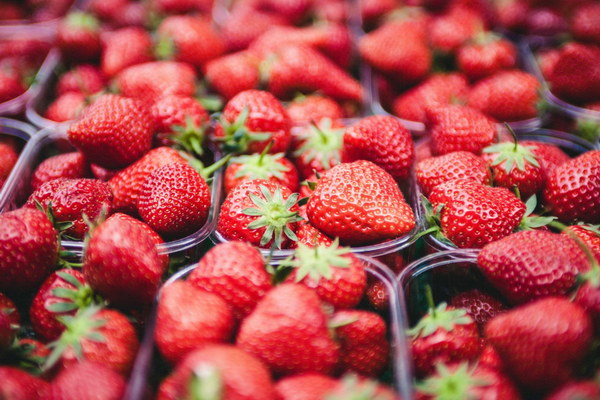
1. Introduction to Weak Spleen and Indigestion
Weak spleen and indigestion occur when the spleen fails to perform its function effectively, leading to poor digestion and absorption of nutrients. This condition can be caused by various factors, including poor diet, stress, and infections.
2. Foods to Include in the Diet
2.1. Easy-to-Digest Carbohydrates
Including foods that are easy to digest, such as white rice, oatmeal, and bananas, can help alleviate indigestion symptoms. These foods are gentle on the stomach and can provide the necessary energy without causing discomfort.
2.2. Probiotics
Probiotics, found in foods such as yogurt, kefir, and sauerkraut, can help restore the balance of gut bacteria, improving digestion and overall gut health. These foods are particularly beneficial for children with weak spleen and indigestion.
2.3. Herbs and Spices
Herbs and spices such as ginger, turmeric, and fennel can help improve digestion and reduce inflammation. Adding these ingredients to meals can provide a natural remedy for indigestion.
2.4. Lean Protein
Lean protein sources like chicken, turkey, and tofu are easy to digest and provide essential nutrients. These foods should be cooked in a gentle manner, such as steaming or boiling, to avoid overloading the digestive system.
2.5. Fruits and Vegetables
Fruits and vegetables, particularly those that are ripe and soft, are easy to digest and provide essential vitamins and minerals. Examples include apples, pears, carrots, and sweet potatoes. However, it is important to avoid foods that can cause gas, such as beans and onions, as they can exacerbate indigestion symptoms.
3. Foods to Avoid
3.1. Fatty and Greasy Foods
Fatty and greasy foods can be difficult to digest and may exacerbate indigestion symptoms. It is best to avoid fried foods, creamy sauces, and high-fat meats.
3.2. Spicy and Highly Seasoned Foods
Spicy and highly seasoned foods can irritate the digestive system, leading to increased discomfort and pain. It is best to avoid these foods, especially during the initial stages of treatment.
3.3. Sweets and Refined Carbohydrates
Sweets and refined carbohydrates can disrupt the balance of gut bacteria and contribute to indigestion. It is important to limit the intake of sugary foods and opt for whole grains instead.
4. Meal Planning
When planning meals for children with weak spleen and indigestion, it is important to consider the following tips:
- Eat small, frequent meals to avoid overloading the digestive system.
- Avoid eating too quickly and chew food thoroughly to aid digestion.
- Ensure that meals are well-cooked and soft to make them easier to digest.
- Encourage children to drink plenty of fluids, such as water or herbal teas, throughout the day.
Conclusion:
Weak spleen and indigestion can be challenging for children, but dietary therapy can help alleviate symptoms and support their recovery. By incorporating easily digestible carbohydrates, probiotics, and herbs and spices into their diet, children can improve their digestion and overall health. It is important to avoid fatty and spicy foods, as well as sweets and refined carbohydrates, to prevent exacerbation of symptoms. With proper meal planning and attention to dietary choices, children with weak spleen and indigestion can lead a healthier life.
